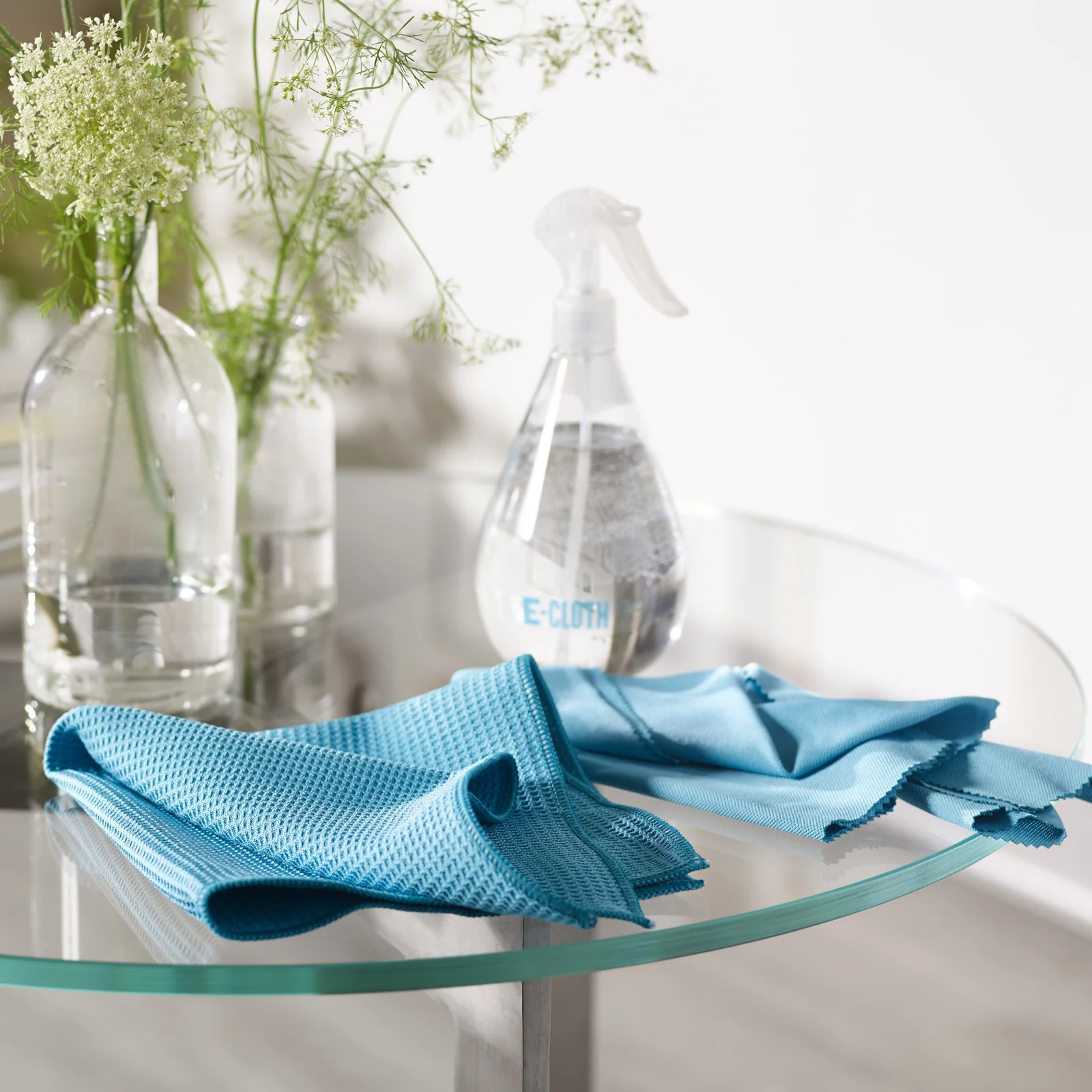Table of content:
How Often You Should Clean Your Garden tools
Consequences of Skipping Garden tools Cleaning
DIY Methods to Clean Your Garden tools
Keeping your garden tools clean is essential for both their longevity and your garden’s health. Regular cleaning—after each use, at the end of the season, and whenever you notice build-up—helps prevent rust, maintains sharpness, and reduces the risk of spreading plant diseases. By making tool care a routine part of your gardening, you’ll enjoy smoother performance, avoid costly replacements, and ensure your tools are always ready for the next project.

A Clean You Can See
Our high-performance microfiber products simplify cleaning, making it quick, easy, and effective, so you can enjoy visible results without the fuss. No streaks, just results.
How Often You Should Clean Your Garden tools
When to Clean Your Garden Tools
- After Each Use: It’s a good rule of thumb to clean your tools after every gardening session. This practice prevents soil, plant sap, and moisture from lingering on the metal surfaces, which can lead to rust and deterioration over time.
- At the End of the Season: Before storing your tools for the off-season, give them a thorough clean. This helps remove stubborn grime and any organic material that may encourage decay or corrosion over the winter months.
- When You Notice Build-Up: Sometimes, it’s not just about time—it’s about condition. If you see a thick layer of dirt, sap, or rust starting to form, it’s time to clean. Regular inspections can help you catch build-up early.
- Before and After Sharpening: Keeping your tools clean is particularly important if you’re planning to sharpen them. Clearing away debris beforehand ensures a better edge, and cleaning afterward helps protect the new sharpness from immediate corrosion.
- After Exposure to Wet Conditions: Tools that have been used in or exposed to rain can quickly develop rust if left unchecked. A quick clean following a rainy day minimizes this risk by removing the moisture that fuels oxidation.
Reasons Behind This Frequency
- Prolonged Lifespan: Regular cleaning reduces wear and tear, helping your tools last longer. Removing dirt and moisture prevents the onset of rust and keeps moving parts, like hinges and joints, functioning smoothly.
- Enhanced Performance: Clean tools perform better. They cut, dig, and prune more effectively because nothing is hindering their operation—not even a layer of dried mud or sap.
- Healthier Plants: By cleaning your tools often, you minimize the risk of spreading diseases from one plant to another. Even if you’re just removing physical debris, you’re playing it safe for your garden’s overall health.
- Cost-Effective Maintenance: Regular upkeep is usually less time-consuming and expensive compared to major repairs or replacing tools that have been neglected.
Streak-Free Wherever You Need It
E-Cloth is committed to delivering a clean you can see—effortlessly erasing messes with just water for a spotless shine, free of streaks and added chemicals.

Consequences of Skipping Garden tools Cleaning
- Rust and Corrosion Take Over: When you skip cleaning your garden tools, moisture and soil left behind can cause metal parts to rust and corrode. Rust isn’t just ugly—it eats away at your tools, making them less effective and shortening their lifespan.
- Blades Get Dull Fast: Dirt and sap left on pruners, shears, and shovels act like sandpaper, grinding down sharp edges every time you use them. Dull blades make your work harder and can even damage your plants by crushing instead of making clean cuts.
- Spreading Plant Problems: Unwashed tools can transfer soil, weed seeds, and plant diseases from one part of your garden to another. This is especially true for fungal spores and bacteria that cling to blades and handles. Think of it as giving your garden a cold—nobody wants that.
- Handles Wear Out Quicker: Wooden handles absorb moisture and grime, which can lead to splintering, cracking, or even rotting. A little cleaning and drying goes a long way toward keeping your tools comfortable and sturdy in your hands.
- Performance Drops: Caked-on dirt and sticky sap can jam moving parts, making tools harder to use. Hinges, springs, and locking mechanisms can seize up, turning a simple job into a wrestling match with your own gear.
- More Work for You: Dirty tools are heavier, less precise, and just plain harder to use. You’ll spend more time and effort on every task, and you might even end up replacing tools more often—hitting your wallet where it hurts.
- Unpleasant Surprises: Ever reach for a trowel and find it’s covered in last season’s mud—or worse, mold? Skipping cleaning can leave you with tools that are not just less effective, but also less pleasant (and sometimes downright gross) to handle.
DIY Methods to Clean Your Garden tools
.svg)
White Vinegar and Baking Soda
Sprinkle baking soda onto the garden tools, then pour white vinegar over them. Let the mixture fizz and sit for a few minutes to loosen dirt and rust. Scrub with a brush, rinse with water, and dry thoroughly for clean, refreshed tools.
.svg)
Rubbing Alcohol and Cloth
Dampen a clean cloth with rubbing alcohol and wipe down the garden tools thoroughly. This method disinfects and removes sap, dirt, and rust, leaving tools clean and ready for use.
.svg)
Sandpaper and Mineral Oil
Rub garden tool blades with medium-grit sandpaper to remove rust and dirt. Wipe clean, then apply a small amount of mineral oil to a cloth and rub onto the metal to prevent future rust and keep tools in good condition.
.svg)
Lemon Juice and Salt
Sprinkle salt onto the metal parts of your garden tools, then squeeze fresh lemon juice over the salt. Let the mixture sit for 10–15 minutes to break down rust and grime. Scrub with a brush or steel wool, rinse with water, and dry thoroughly. This natural method helps remove rust and disinfects your tools.
.svg)
Incomplete Disinfection Risk
Using white vinegar and baking soda may not fully disinfect garden tools, leaving harmful bacteria, fungi, or viruses behind. This incomplete disinfection increases the risk of spreading plant diseases in your garden.
.svg)
Residue Build-Up Issue
Residue can build up if rubbing alcohol and cloth don’t fully remove sap, soil, or plant debris from garden tools, leading to sticky surfaces and reduced tool effectiveness over time. Proper scrubbing or rinsing may be needed for thorough cleaning.
.svg)
Surface Damage Potential
Using sandpaper can scratch or wear down metal surfaces, reducing tool lifespan. Improper use may also leave abrasive residue. Mineral oil can attract dirt if not wiped off, leading to further surface damage or rust over time.
.svg)
Limited Rust Removal
Lemon juice and salt may only remove light surface rust, leaving deeper or stubborn rust untouched. This method is less effective for heavily corroded tools, resulting in limited rust removal and incomplete cleaning.
Ready for an Easier Way to Clean?
Skip the mixing, spraying, and scrubbing. With E-Cloth, you get a streak-free shine using just water—no added chemicals, no hassle. Make every window sparkle the simple way.
Explore other Articles
Headphones
Learn how often to clean your headphones for optimal sound and hygiene. Simple tips to keep them fresh and lasting longer.
Bookshelves
Discover the ideal frequency to clean your bookshelves for a dust-free, organized, and fresh home library.
Jeans
Discover the ideal frequency to clean your jeans for lasting style, comfort, and fabric care. Keep them fresh and durable!
Range hood filter
Learn how often to clean your range hood filter for optimal kitchen air quality and appliance efficiency. Keep it fresh and safe!
Washing machine
Learn how often to clean your washing machine for optimal performance and freshness. Keep your laundry fresh and your machine efficient!
Garage floors
Discover the ideal frequency for cleaning your garage floors to keep them spotless and well-maintained year-round.
Experience Real Cleaning
A Clean You Can See
Experience Real Cleaning


